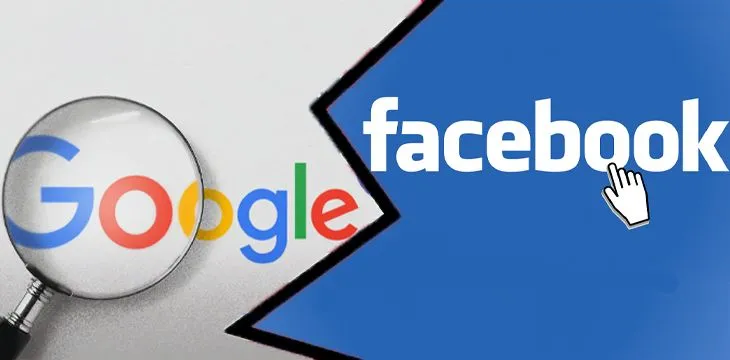|
Getting your Trinity Audio player ready...
|
Tech giants Facebook and Google are facing a possible $300 billion class-action lawsuit over their decision to ban digital currency ads. The lawsuit claims that the ban brought huge losses to those who lost their primary channel to reach their customers.
The two platforms banned digital currency ads in 2018, over claims that scammers were using the sites to lure unsuspecting investors. Facebook kicked off the wave, banning ads in January, 2018. Google, Twitter, Snapchat, LinkedIn, Microsoft’s Bing and even email marketing service Mailchimp all followed suit.
Many of the platforms later reaccepted digital currency ads, some of them in limited capacity. Others like Twitter are yet to, despite the CEO Jack Dorsey being a vocal digital currency user.
The ban could cost the tech giants hundreds of billions of dollars, a report by the Daily Mail has revealed. This is after Australian law firm JPB Liberty filed a class-action lawsuit against the firms. The lawsuit has attracted $600 million worth of claims so far, but the law firm expects more litigants to sign up and the claims to hit $300 billion.
The lawsuit is now before a senior barrister for review, pending funding to file. JPB Liberty is raising funding for the lawsuit from venture capital firms and litigation funders. If it wins the case, the funders will get 30% of the settlement, with the claimants getting 70%.
Andrew Hamilton, the CEO of the law firm, first revealed that he would be suing the tech giants two years ago. In a Steemit post, Hamilton claimed that the ban was anti-competitive and illegal under Australia’s competition law. He further urged anyone who held at least $100 before March 20, 2018 to join the lawsuit.
Brian Bishko, the law firm’s VP of technology and public affairs told the Daily Mail, “It caused enormous damage. If your business had as a component of it anything that looked like a cryptocurrency, you got caught in the same net. So maybe you’d get a few adverts but eventually they’d do a review and your account would be blocked.”
He added, “You don’t own your stuff when you post it on Facebook, you don’t own it on Twitter – your account can be taken away.”
Bishko’s view is one held by many who are now flocking to blockchain social media platforms which allow them to take control of their data. This has seen the rise of apps like Twetch, PowPing, WeiBlock and Wheedl.

 09-18-2025
09-18-2025 





